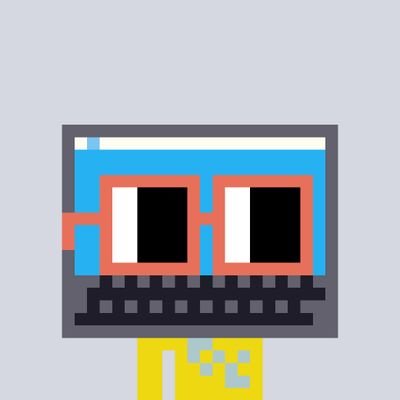Whether it's a DAO or an Agent, essentially, we are trying to grant a piece of code the qualification to participate in human society, enjoy certain rights, and bear corresponding obligations. Tomorrow, the Uniswap community will vote on whether to establish DUNA as a legal entity. The pros and cons of establishing offline entities for DAOs have been discussed in the crypto community for many years, such as reducing risk exposure and enhancing operational capabilities, but it may sacrifice the degree of decentralization. However, today I want to look at this issue from a more fundamental perspective. We can understand most DAOs as a set of codes running on the blockchain, or rather, a "machine" without a physical form. This "machine" can execute rules precisely, but apart from a few on-chain interactions, it cannot interact with the broader real world—it cannot sign contracts, cannot protect itself in court, and cannot open a bank account. What DUNA or other similar legal...
Show original5.27K
25
The content on this page is provided by third parties. Unless otherwise stated, OKX is not the author of the cited article(s) and does not claim any copyright in the materials. The content is provided for informational purposes only and does not represent the views of OKX. It is not intended to be an endorsement of any kind and should not be considered investment advice or a solicitation to buy or sell digital assets. To the extent generative AI is utilized to provide summaries or other information, such AI generated content may be inaccurate or inconsistent. Please read the linked article for more details and information. OKX is not responsible for content hosted on third party sites. Digital asset holdings, including stablecoins and NFTs, involve a high degree of risk and can fluctuate greatly. You should carefully consider whether trading or holding digital assets is suitable for you in light of your financial condition.

